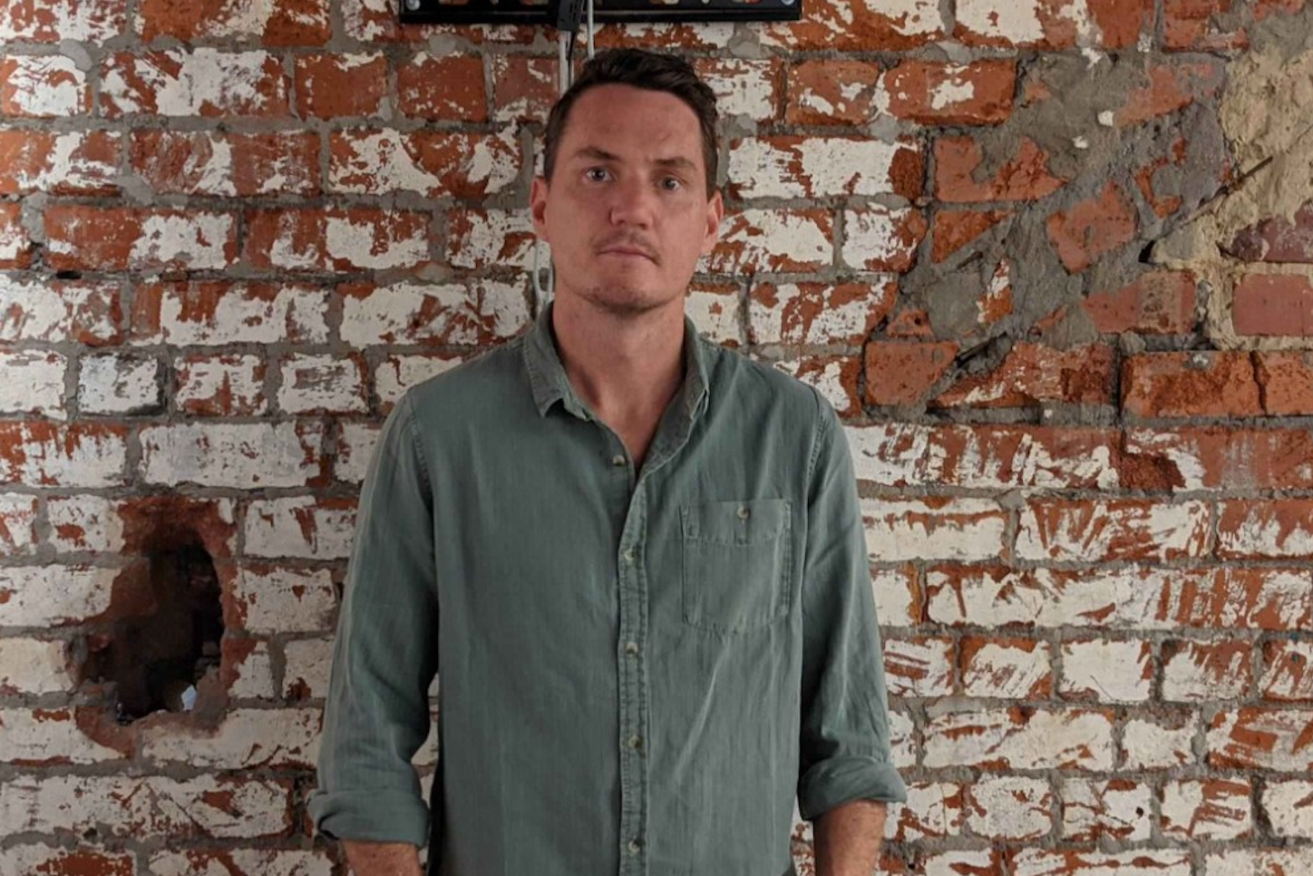Felix to hit the ASX with market value nearing $50m
Brisbane’s ASX-listed tech sector will get a new entry tomorrow with the expected listing of Felix tomorrow after it raised $12 million.


Felix chief executive Mike Davis.
The float gave the Software as a Service company a market value of $47 million.
Felix completed its roadshow in November 2020 with the oversubscribed round supported by Australian institutional investors Perennial Value Management, Thorney, Regal, Pendal, Endeavour, and Aconex co-founder Rob Phillpot.
Felix was assisted in its raising by Bell Potter Securities and Kidder Williams. Early investors in Felix included Melbourne-based investor David Williams, and the New Zealand Rolleston family.
It plans to use the investment to bolster product development and grow sales, including a push into international markets, after securing its first offshore customer Ports of Auckland in July 2020.
Its current client list includes CIMIC Group, Monadelphous and Veolia and it said it was being used on some of Australia’s largest infrastructure projects.
Felix connects commercial construction companies to a marketplace of vendors from which to source for projects and capital works, allowing customers to manage their supply chain and streamline vendor prequalification. The modular platform also enables smaller businesses to license specific solutions and only pay for what they need.
It now has almost 40,000 vendors across 43 countries in September 2020, up from 10,035 vendors in June 2017.
Founded in 2012, the company started off with launching PlantMiner (now Felix Vendor Marketplace) as an online construction marketplace for people to list, find and hire equipment and subcontractors around Australia.
Felix chief executive Mike Davis said construction companies had a critical dependence on third-party vendors to successfully deliver projects, and the technology to manage supply chains had been traditionally “clunky”.
“The need to effectively manage third-party risk and match the right vendor to the right job is more urgent than ever as we see a spike in infrastructure projects to boost the economy following COVID-19,” Davis said.












